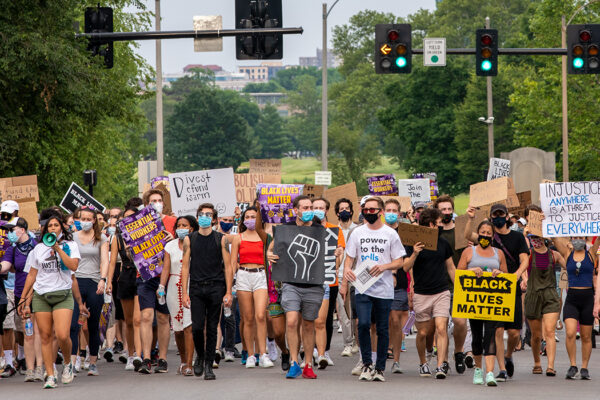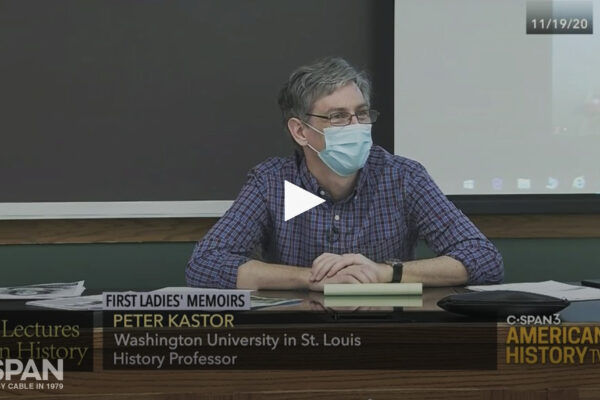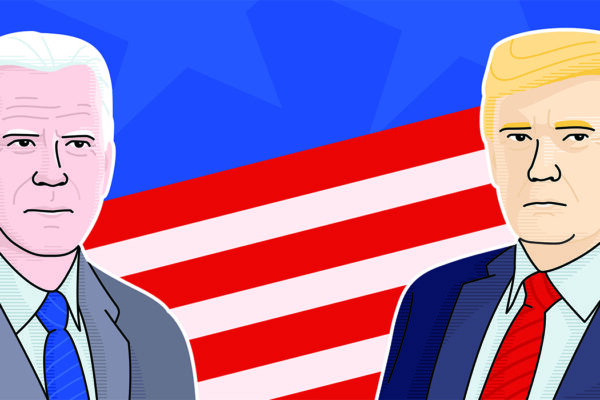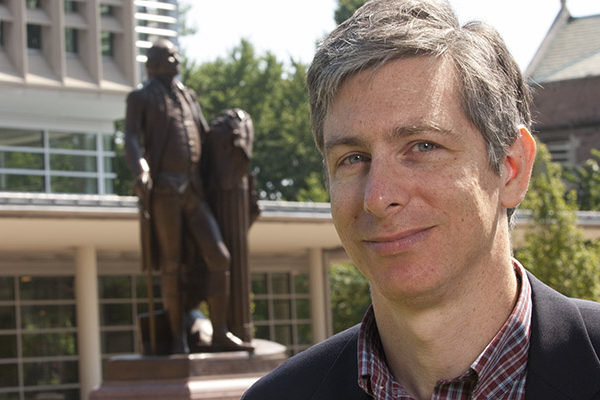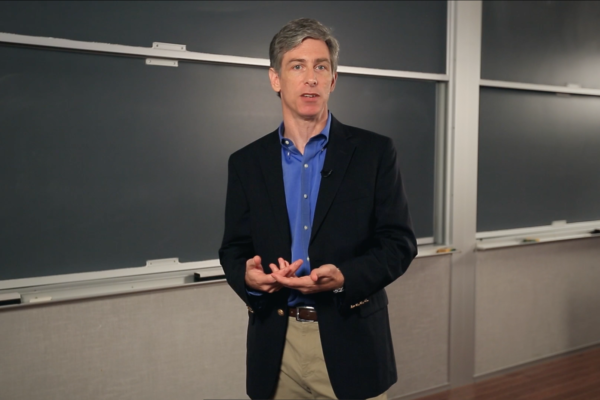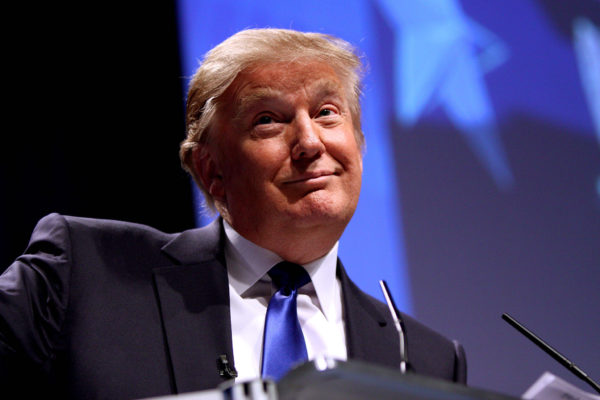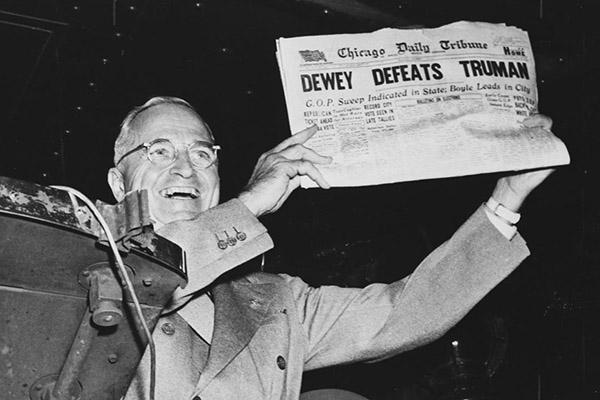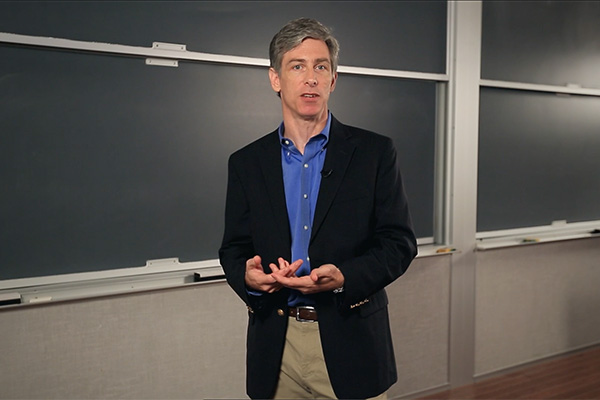Kastor has taught numerous courses on the presidency, ranging from freshman programs to senior seminars. He is currently teaching a lecture course titled “Americans and their Presidents.” These courses all seek to situate the presidency in broad context, both historical and cultural. Examining the institution from George Washington through Barack Obama, Kastor’s courses explain not only how the presidency operates, but also how Americans situate the presidency within national life.
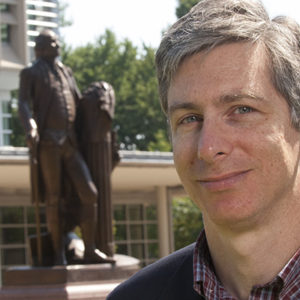
Peter Kastor
Professor of History and American Culture Studies
Contact Information
- Phone: 314-935-7663
- Email: pjkastor@wustl.edu
- Website: Website
Media Contact
In the media
Jeff Landry is Trump’s envoy to Greenland. He wants to celebrate gumbo.
Peter Kastor, the Samuel K. Eddy Endowed Professor
News Analysis: A playbook emerges to counter Trump as ‘middle powers’ unite
Peter Kastor, the Samuel K. Eddy Endowed Professor
Legal experts say Trump’s indictment of Comey is a test of justice
Peter Kastor, the Samuel K. Eddy Endowed Professor
Trump speaking poorly of other presidents is uncommon, but not unheard of, in American presidential history
Trump has escalated attacks on other presidents. But he was not the first to criticize his successors or predecessors, writes Peter Kastor.
News Analysis: ‘Disrupt, break, defund’: Trump’s imperial first 100 days
Peter Kastor, the Samuel K. Eddy Endowed Professor
How Jimmy Carter became a great president
Historian Peter Kastor examines the legacy of Jimmy Carter, who died Dec. 29, through a pair of visits the former president made to WashU in 1975 and 1991.
Even fictional presidents don’t look like Kamala Harris − although Black men and white women have been represented in the Oval Office
over the past half-century, American media has usually proclaimed that Black men and white women can fit the model of great presidents. But they have usually been just one or the other: a Black man or a white woman, writes Peter Kastor.
Hunter Biden is the latest presidential child to stain a White House reputation − but others have shined it up
Hunter Biden’s place in the story of presidential children is thus clear, a story that politicians now know by heart: As a crucial element in his father’s public image – for better or for worse, writes Peter Kastor.
Portland Welcomes Monument (Origin Unknown) to Black Man Who Reached Pacific in 1805
Peter Kastor, professor of history and American culture studies
Presidential Illness, Past And Present — And The Downplaying Of It
Peter Kastor, professor of history and American culture studies
These Washington University faculty had rejected online classes — until coronavirus. Here’s how they made the switch
Peter Kastor, professor of history and American culture studies
These Washington University faculty had rejected online classes — until coronavirus. Here’s how they made the switch.
So it appears that education does indeed remain very much about space, writes Peter Kastor. Students found it far less difficult to make themselves focus when they were in the confines of a classroom.
Hip-hop history: Wash U professor uses ‘Hamilton’ as teaching tool
Peter Kastor, professor of history and American culture studies
Barack Obama Is Changing What It Means to Be a Former President
Peter Kastor, professor of history and American culture studies
Donald Trump waves goodbye to era of baby boomer presidents
Peter Kastor, professor of history and American culture studies
Obama-Biden, una fraternal relación política muy inusual en la Casa Blanca
Peter Kastor, professor of history and American culture studies
Election is teachable moment for Washington U. freshmen
Peter Kastor, professor of history and American culture studies
Businessman in Chief?
Peter Kastor, professor of history and American culture studies
Megahit ‘Hamilton’ is headed to the Fox Theatre
Peter Kastor, professor of history and American culture studies
Stories
What happened to a ‘United’ States?
In a new episode of the “American Democracy Lab” podcast, Washington University experts discuss the social and political consequences of anger and how it can be constructive.
Kastor featured on C-SPAN’s ‘Lectures in History’
Peter Kastor, the Samuel K. Eddy Professor and chair of history in Arts & Sciences, was featured on C-SPAN’s “Lectures in History.”
New podcast explores democracy
Now more than ever, it’s important to understand issues from different perspectives. The American Democracy Lab podcast aims to do just that.
These Washington University faculty had rejected online classes — until coronavirus. Here’s how they made the switch.
It appears that education does indeed remain very much about space. Students found it far less difficult to make themselves focus when they were in the confines of a classroom.
Barack Obama is changing what it means to be a former president
Observers long wondered what would become of Barack Obama after he left office. Young and healthy, still pondering social problems, he always seemed an unlikely candidate for the list of distant former presidents. He may well be transforming the post-presidency in ways no less profound than Trump’s efforts to change the presidency.
How Trump’s children are tarnishing his presidency
Amid ongoing suspicions about the Trump administration colluding with Russia during the 2016 election, Jared Kushner, Donald Trump’s son-in-law, met with the Senate Intelligence Committee staff, and Donald Trump Jr. will appear before the Senate Judiciary Committee. It’s a remarkable moment as the president’s kin find themselves forced to justify their actions. And while Trump’s particular circumstances are unique, he’s hardly the first president to face accusations that his children are playing a role that’s inappropriate at least, sinister at worst.
Symposium explores the rise of Donald Trump, March 9
“American Democracy and the Rise of Donald Trump” will be the focus as faculty experts in history, political science, sociology, law, economics and psychology gather for a public symposium from 1-4 p.m. Thursday, March 9, in Room 100 of Brown Hall, on the Danforth Campus of Washington University in St. Louis.
WashU Expert: The biggest upset since … 1936?
For political prognosticators, the 2016 presidential campaign has emerged as the most egregious “wrong call” since incumbent president Harry S. Truman defeated New York governor Thomas E. Dewey in 1948. But another interesting comparison can be found in the 1936 contest between incumbent Franklin D. Roosevelt and Kansas governor Alf Landon, says presidential historian Peter Kastor.
Video: ‘What kind of government did the founders want?’
It is a staple of the political season: “The founders wanted this,” a candidate confidently declares. “The founders wanted that.” But not so fast, says Peter Kastor, principal investigator for the digital archive “Creating a Federal Government.”
MEDIA ADVISORY: Scholars gather in St. Louis to talk about ‘A Great City From the Start’
Scholars from across the nation will help kick off St. Louis’ 250th “Birthday Bash” weekend when they provide their perspectives on the city’s historical significance during a daylong symposium Friday, Feb. 14, at the Missouri History Museum in Forest Park. The symposium will be held from 9 a.m. until 5:30 p.m. in Lee Auditorium. The symposium luncheon will be held at Washington University in St. Louis.
Scholars from across the country to participate in symposium on St. Louis’ 250th anniversary
As the City of St. Louis marks the 250th anniversary of its founding with a yearlong series of events, scholars from across the nation will provide their perspectives on the city’s historical significance during a daylong symposium Friday, Feb. 14, at the Missouri History Museum in Forest Park.
Is Obama employing ‘rope-a-dope’ debate strategy? He just may be, WUSTL expert says
Two debates, three weeks. There’s not a whole of time or opportunity for the presidential candidates to reach undecided voters, adding weight to tomorrow’s debate. And as we’ve seen in the last two debates, it’s not so much what is being said as it is how the message is being delivered. That’s why President Barack Obama and Gov. Mitt Romney have a crucial meeting tomorrow night and experts at Washington University in St. Louis are ready to comment.
The second debate: What to expect in town hall format
The first presidential debate was most striking for Gov. Mitt Romney’s aggressiveness and President Barack Obama’s rhetorical reserve, but the town hall format in the second debate provides an extra challenge for the candidates, says Peter Kastor, PhD, professor of history and American culture studies at Washington University in St. Louis. The two debates also reveal one of the greatest challenges to candidates as they try to appear Presidential: balancing emotional display with appropriate reserve.
Candidates running like it’s 1952, Kastor says
The candidates might be different than at any other time in American history, but they’re positioning themselves very similar to previous presidential candidates, says Peter Kastor, Ph.D., history and American culture studies professor.
For all the talk of change, the candidates and campaigns are similar to elections throughout the years, says history and culture expert
Kastor”These are unprecedented candidates in an unusual election year, but what’s striking is how these candidates are positioning themselves and describing themselves in ways very similar to previous presidential candidates, and in ways that are very typical of their parties,” says Peter Kastor, Ph.D., history and American culture studies professor at Washington University in St. Louis.
For all the talk of change, the candidates and campaigns are similar to elections throughout the years, says history and culture expert
Kastor”These are unprecedented candidates in an unusual election year, but what’s striking is how these candidates are positioning themselves and describing themselves in ways very similar to previous presidential candidates, and in ways that are very typical of their parties,” says Peter Kastor, Ph.D., history and American culture studies professor at Washington University in St. Louis.
There’s more than meets the eye in Lewis & Clark’s journals, say two historians
The Sacagawea Golden DollarAs the nation commemorates the 200th anniversary of the 1804-06 Lewis and Clark Expedition, the explorers’ journals, which offer a veritable treasure trove of information, are being scrutinized as never before. Two historians at Washington University in St. Louis say, however, that most scholars studying the journals aren’t familiar with the literature of the time, and therefore don’t thoroughly understand the content. For example, Lewis writes that Sacagawea, the only woman on the expedition, became extremely ill due to her “taking could” (sic). Most reading that passage interpreted it as “taking a cold. The Washington University researchers think that actually she was pregnant again and had a miscarriage because “taking a cold” was a euphemism for pregnancy back then.
U.S. approach to governing Iraqis echoes concepts introduced after America’s first acquisition of a foreign land
Kastor is editor of *The Louisiana Purchase: Emergence of an American Nation*.The challenges faced by today’s U.S. government officials in Iraq are plentiful. Having ejected the government of Saddam Hussein, U.S. representatives must now spearhead the organization of a new system led by Iraqis to meet the needs of their country’s multi-religious and multi-ethnic population. This effort comes at the bicentennial of America’s first effort to govern foreign peoples. Two hundred years ago — with the end of negotiations for the Louisiana Purchase in Paris on April 30, 1803 — a fledgling U.S. government faced similar circumstances and even greater challenges, according to Peter J. Kastor, Ph.D., assistant professor of history and American Culture Studies in Arts & Sciences at Washington University in St. Louis.
